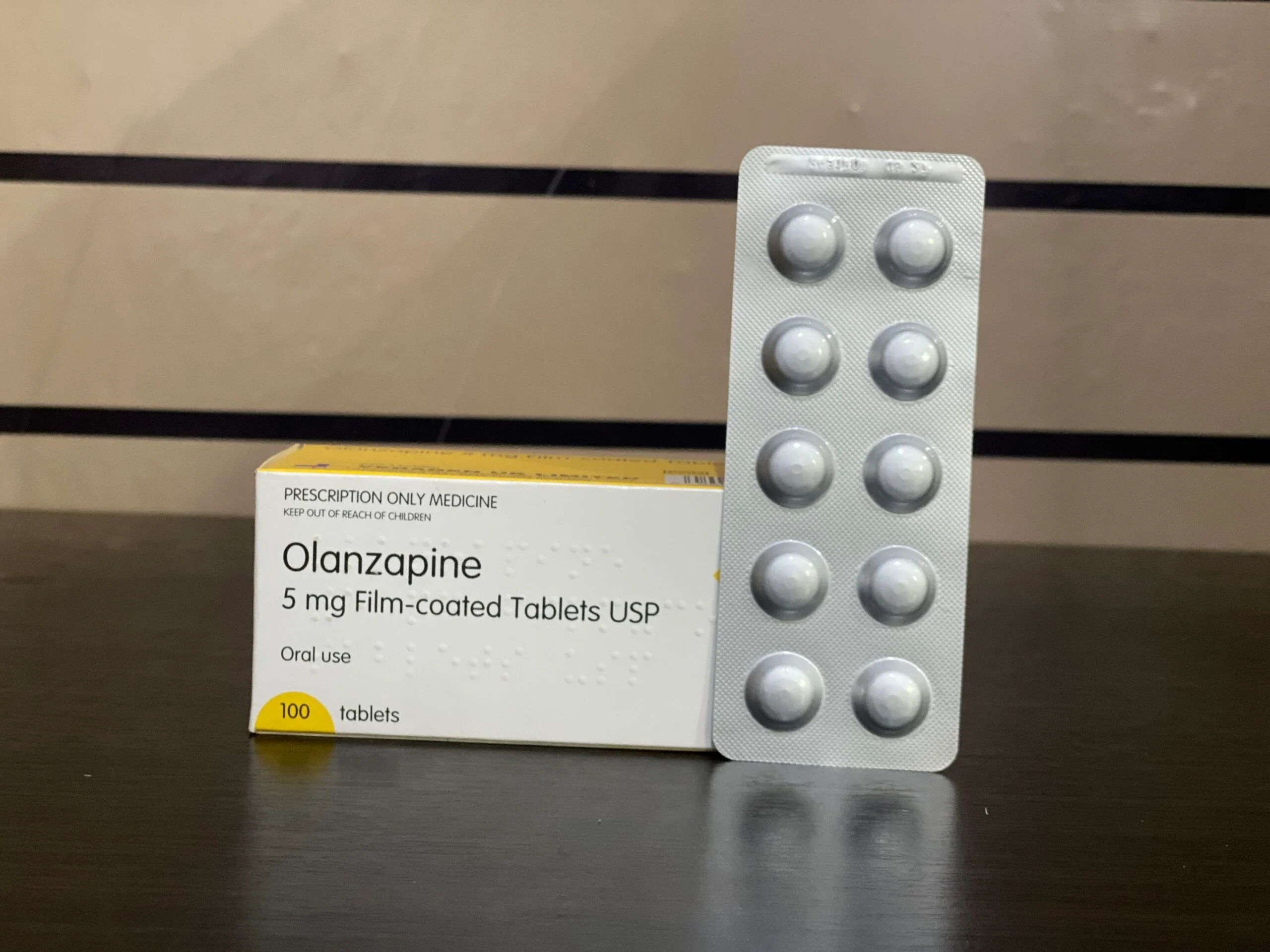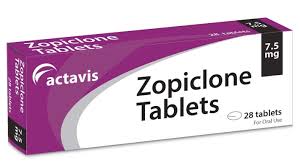Description
Olanzapine is an atypical antipsychotic medication commonly prescribed for the treatment of schizophrenia, bipolar disorder, and severe depression (as an adjunct therapy). It works by balancing the activity of certain neurotransmitters in the brain—primarily dopamine and serotonin—to help reduce symptoms such as hallucinations, delusions, mood swings, and disorganized thinking.
Olanzapine is available in multiple forms including oral tablets, orally disintegrating tablets (ODT), and intramuscular injections for acute agitation. It is often marketed under the brand name Zyprexa.
How Does Olanzapine Work?
Olanzapine belongs to the class of second-generation (atypical) antipsychotics. It works by:
-
Blocking dopamine (D2) receptors to reduce psychotic symptoms such as paranoia, delusions, and hallucinations.
-
Blocking serotonin (5-HT2A) receptors to help improve mood and cognitive function.
-
Modulating other neurotransmitters like histamine and acetylcholine, which contributes to its sedative and side-effect profile.
Medical Uses of Olanzapine
Olanzapine is prescribed for several psychiatric conditions:
1. Schizophrenia
-
Reduces hallucinations and delusions.
-
Helps improve thought organization and emotional stability.
2. Bipolar Disorder
-
Effective for acute manic or mixed episodes.
-
Used in bipolar maintenance therapy, often in combination with mood stabilizers like lithium or valproate.
3. Depression (Treatment-Resistant)
-
Combined with antidepressants (e.g., fluoxetine) for major depressive disorder (MDD) that does not respond to standard treatment.
4. Agitation in Psychiatric Disorders
-
Injectable forms are used for rapid calming in acute agitation related to schizophrenia or bipolar mania.
Benefits of Olanzapine
-
Effective in controlling both positive symptoms (hallucinations, delusions) and negative symptoms (social withdrawal, lack of motivation) of schizophrenia.
-
Reduces mood instability in bipolar disorder.
-
Can improve sleep and reduce anxiety in some patients.
-
Lower risk of extrapyramidal symptoms (EPS) compared to older, typical antipsychotics.



















Reviews
There are no reviews yet.